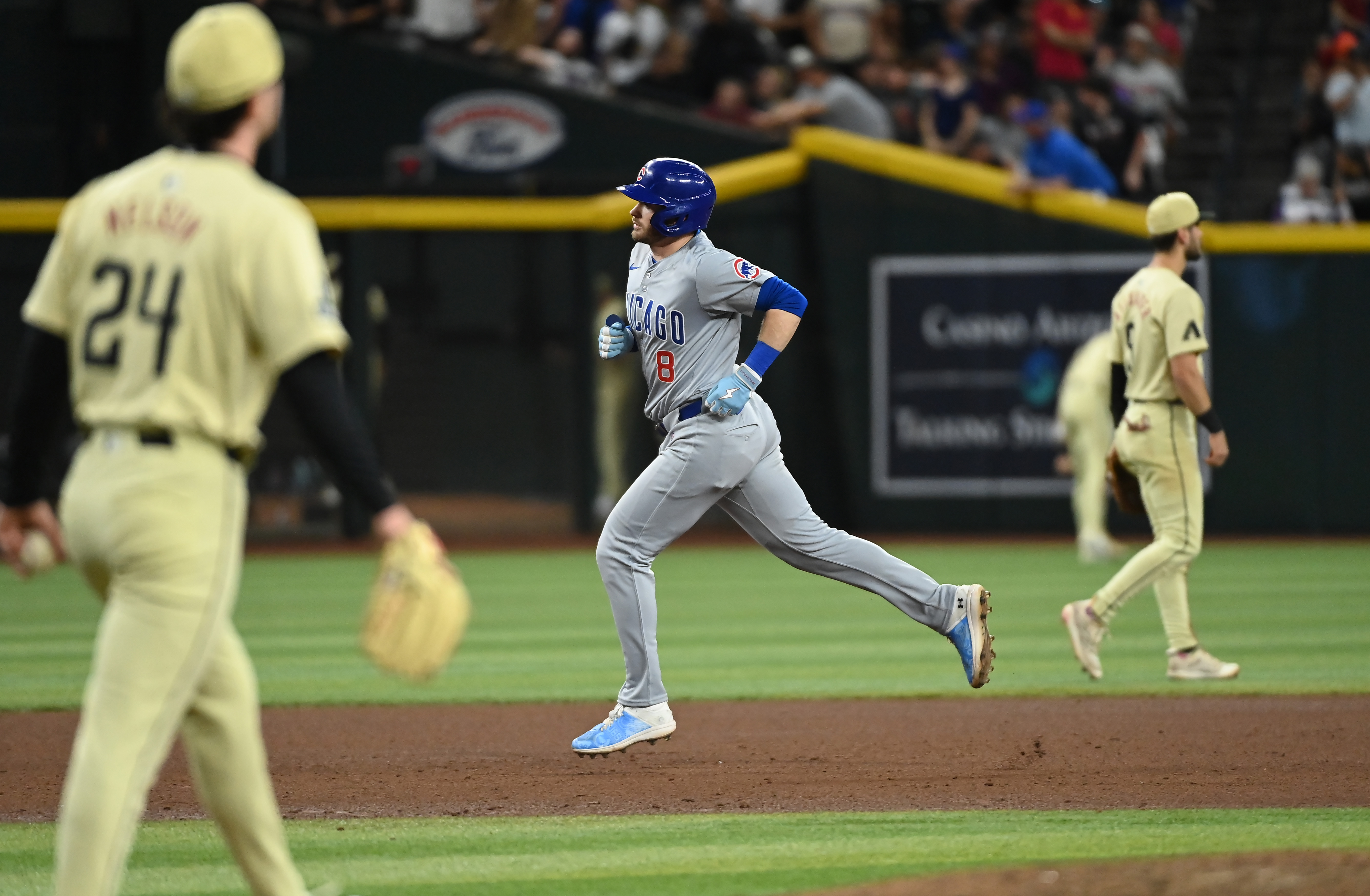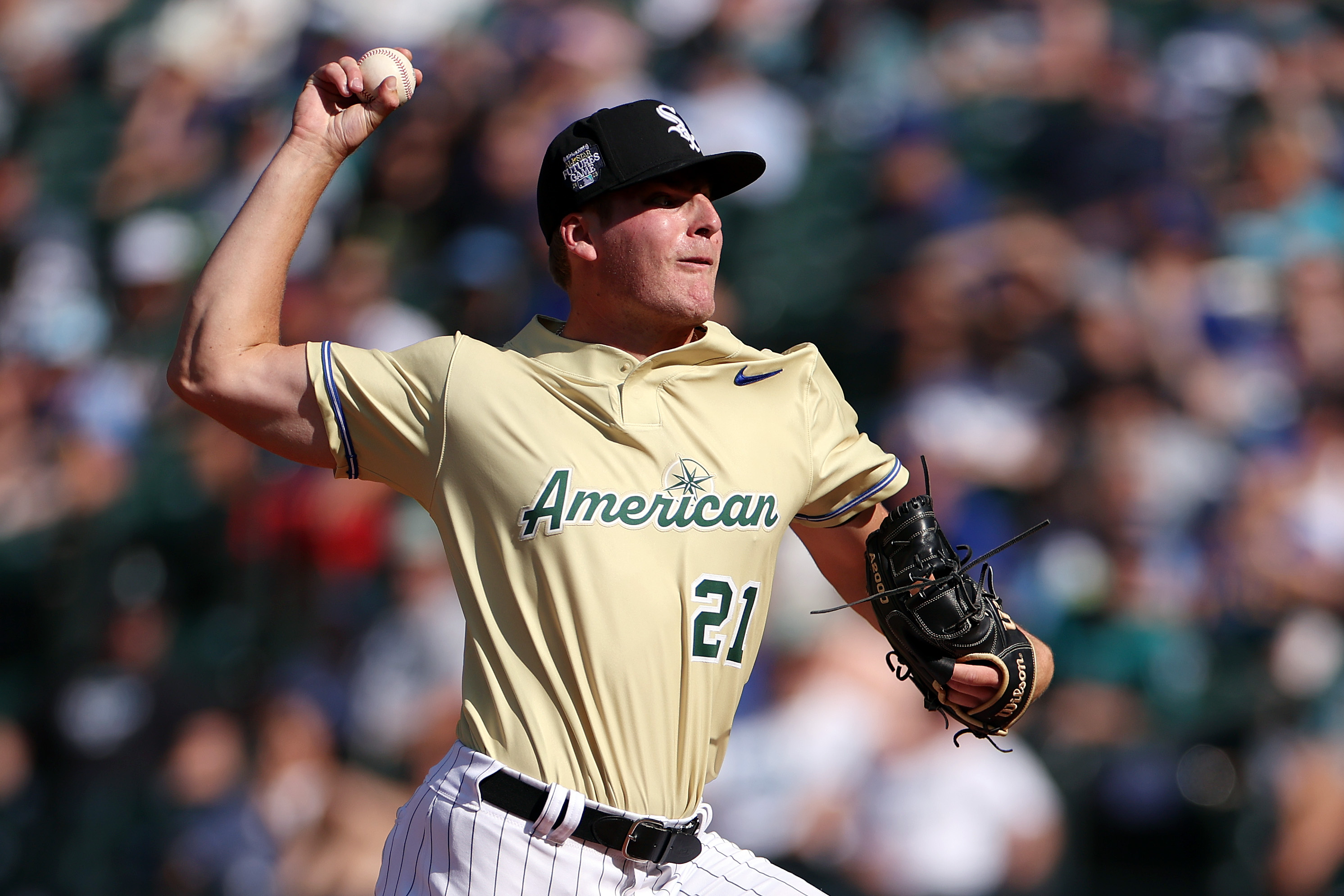A few weeks after we (the Cubs) were eliminated from the 2003 playoffs, I got a phone call from my college professor. Since it was officially the offseason, I was in the early stages of a break from following a pocket schedule to tell me where to be every day for nearly eight months.
But this was a man I could not refuse. I chose my college major to go into his field of transportation engineering and he was calling because he needed a teaching assistant to accompany him on his trip to South Africa.
One minute, I could barely move off of my couch in my Chicago apartment after losing Game 7 against the Marlins. The next minute, I would be standing within miles of the Southern most point in Africa at the Cape of Good Hope. Why not? I needed the distraction so I agreed to go.
The offseason is its own transition. Leaving the regimen of routine, of batting practice and bus times, to an open ended world that you have to re-learn again. When I finished my first full major league season in 1997, I lived in Streeterville at the Navy Pier Apartments.
That offseason, I decided to stay an extra month in Chicago only to wake up panicked for the first two weeks because I thought I was missing stretch time for a home day game. A major league schedule becomes etched in your DNA after a while.
It is also a time that you get to reflect. The regular season does not give you a moment to really get perspective on what was just accomplished, what it all means, what you would change. I always joked about the T-shirt I wanted to a sell that listed all of the things a major league player figures out during the off-season. From the perfect swing to the ex-girlfriend you need to un-break-up with next week.
It all becomes so clear when a 96 MPH fastball isn’t coming at you.
MLB
For years, I would arrange a training program to follow, but I quickly learned that I had to mix it up. There was only so much repetition I could stand in the off-season. So some years, I moved to the site of spring training and worked out early with the staff, other years I found a spot at home where I grew up or wherever I played during the season, to train.
I was single when I played, but now with a family, I have a better understanding of the challenges my teammates would express as they were re-engaging as a daily father again after this long absentee existence.
To keep it fresh and spicy, when I got older in the game, I enrolled in a dance studio and took a winter of dance lessons. Salsa, Foxtrot, Rumba, you name it. On Thursdays we had to dance for an hour straight, changing partners in the room every song change. Dancing with the Stars had nothing on me.
Of course, not every offseason is fun and games. There were years when I wasn’t sure I would have a job the next year, or I was in the throes of a trade rumor. In 1997, I was traded from the Cubs to the Phillies two days before Christmas. In 2002, my father passed away on the last game of the season, leading the offseason to be a time of mourning.
By my final season in 2005, I thought I was officially on my couch forever. I was going to fade away into oblivion like many players do. No fanfare, the phone just would stop ringing and I would just let the silence wash over me. The Yankees had called earlier in that off-season, acting like they were doing me a favor which I turned down, then they called back later with a more open tone, seeing me as a potential key piece in their outfield with Bernie Williams slowing down quite a bit at that point.
I did get off that couch for that call, only to get released the last week of camp, so I was back on the couch, with a fiancé and some extra salt in the wounds after that final meeting with Brian Cashman and Joe Torre, who boxed me into the coaches office to tell me I was released. Released? Come on. Never had that happen before.
The Cubs players will go through all of this if they have the good fortune of playing a long time. The wave of uncertainty, the meaning of age in this game spares no one. Each offseason is a time to reset, a period where you get away, seemingly adrift from the game, then as spring gets closer, the shoreline comes up in the horizon once again, magnetically drawing you to its shores for another season.
Amazingly, you don’t always know your age and what it has done to your body. 34 can’t be that old, right? I can still run, or throw 95. Then those 23-year-olds in camp are the wake up call, or maybe you are that 23-year-old and can’t believe your locker is next to Ryne Sandberg’s.
Then you blink, and you are advising Jimmy Rollins about etiquette and realize you have become that guy, the seasoned vet, preaching about locker room respect.
For the 2018 Cubs, they fell short of their goal to repeat their 2016 magic. Failed to meet their singular destination that meant success over all else. Yet, those who come back for 2019, will not be the same player, the same person, that left the locker room at the close this season. They will have grown, changed, aged, wizened up, rehabbed, hardened. All of which means that new perspective is the inevitable part of this time off, whether you like it or not.
Baseball is a game that has this unique dynamic. The highest intensity rhythm of any sport. Every day you are tested. You are pushed to the brink by sheer attrition. According to my teammate Ed Smith, who was playing third base at the time when Michael Jordan reached third, Jordan, after playing well over 100 games in a row, said to him “Man, I have never been this tired in my entire life.”
The grind.
Then it stops on a dime. Season over. Only on baseball’s terms.
But you may be granted another spring. Another crack at it. Until one day, the baseball winter never ends and its time for you to plant your own spring.


